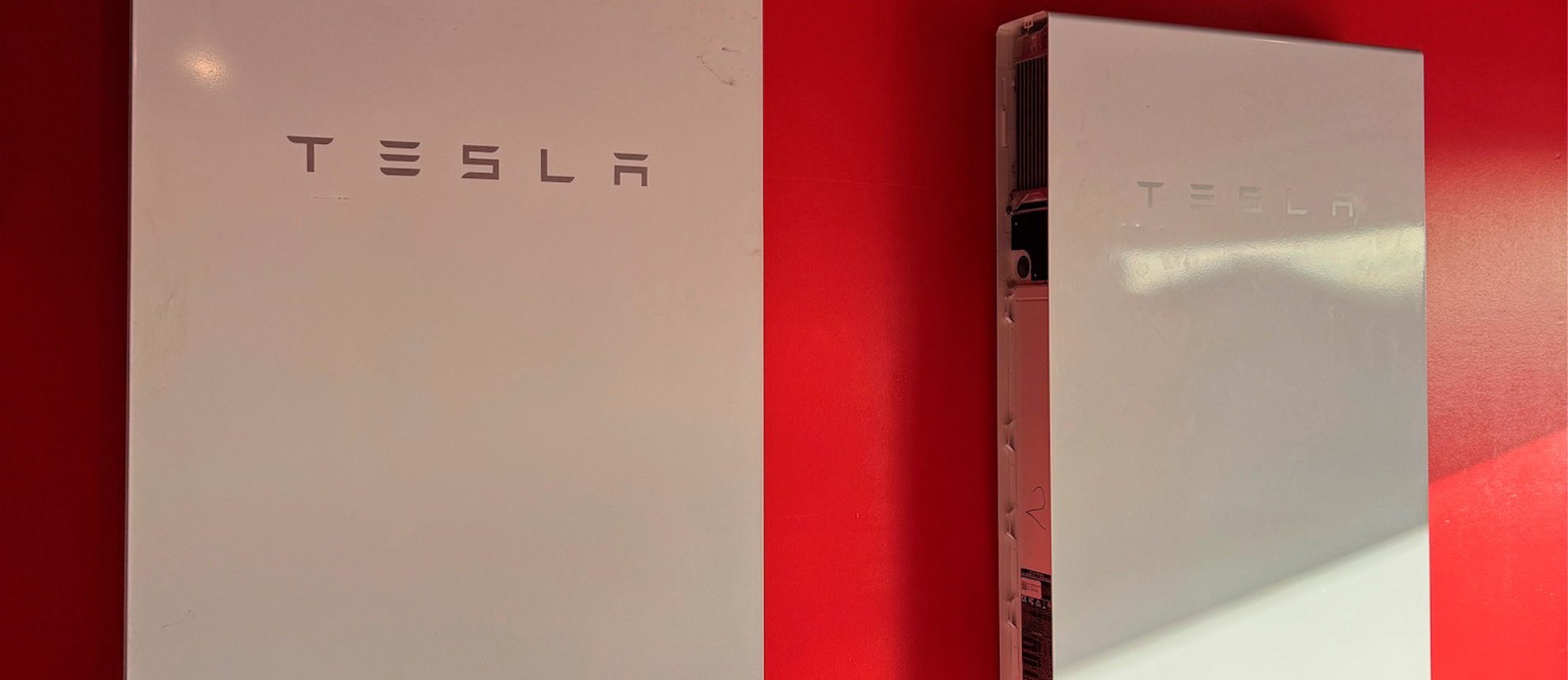
Solar batteries are becoming an essential part of home energy solutions, especially in Texas, where power outages and extreme weather events have highlighted the need for energy independence. A properly selected and installed solar battery allows homeowners to store excess solar energy, reduce reliance on the grid, and keep their homes powered even during blackouts. However, choosing the right battery requires careful analysis to ensure efficiency and cost-effectiveness.
Why Should You Get a Solar Battery?
- Energy Independence. Solar batteries store energy generated during the day, allowing homeowners to use it at night or during outages, reducing dependence on utility companies.
- Backup Power During Outages. Texas has experienced widespread power failures, particularly during severe winter storms and extreme summer heat waves. A reliable battery system ensures your home remains powered when the grid fails.
- Lower Electricity Bills. Using stored energy during peak hours helps avoid high electricity rates, maximizing savings on your monthly utility bill.
- Reduced Carbon Footprint. By relying more on stored solar energy, homeowners contribute to a cleaner, more sustainable energy system.
Key Factors for Choosing a Solar Battery
- Capacity and Power Output. The capacity of a solar battery, measured in kilowatt-hours (kWh), determines how much energy it can store. Choosing a battery that aligns with your household energy consumption is crucial.
- Compatibility with Your Solar System. Not all solar batteries work with every inverter. Ensuring that your battery integrates seamlessly with your existing or planned solar system is essential for optimal performance.
- Efficiency Ratings. Some batteries lose energy during charging and discharging cycles. High-efficiency batteries minimize energy loss, improving overall system performance.
- Depth of Discharge (DoD). A battery’s DoD indicates how much of its stored energy can be used before it needs recharging. A higher DoD means better usability and efficiency.
- Warranty and Lifespan. Solar batteries typically last between 10 and 15 years. Choosing a reputable brand with a solid warranty ensures long-term reliability and value.
- Cost and Incentives. While solar batteries require an initial investment, various financing options, tax credits, and rebates can significantly lower costs.
Professional Installation and Analysis
Selecting the right solar battery involves assessing your household’s energy usage, local electricity rates, and potential savings. A professional energy analysis ensures that you invest in the most efficient system for your needs.
At Girasolve Energy LLC, we provide expert consultation and installation services, helping homeowners choose the best battery solutions for their specific needs.

